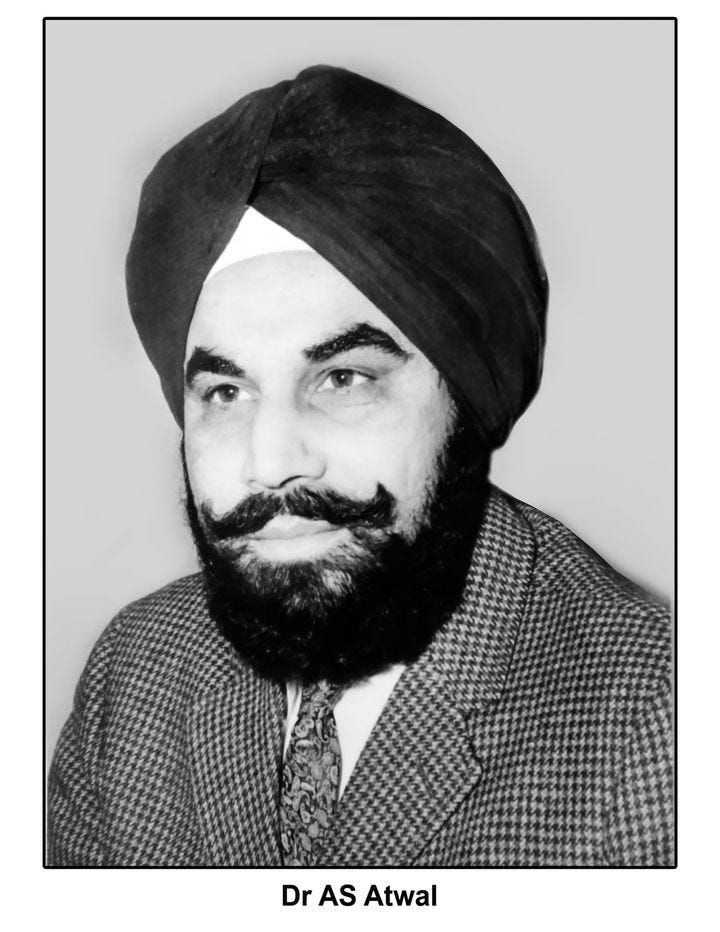Sir Chhotu Ram
- Malkiat Singh Duhra
- Dec 12, 2020
- 2 min read

We all salute Sir Chhotu Ram (Revenue Minister of British Punjab) for his contribution to the enactment of two agrarian laws; the Punjab relief indebtedness Act of 1934 and the Punjab debtor's protection Act of 1936. Those Acts resulted in restoring the right of land to the farmers. Punjabi farmers and other people (British Punjab) respect Chaudhary Sahib (Chhotu Ram) very much and always remember his contributions.
Sir Chhotu Ram was one of the first Jats to become a successful lawyer. He was a prominent politician in British India's Punjab province. He championed the interest of oppressed communities like Hindu Jats, Muslim Jats, Sikh Jats, and other castes. Chaudhry Sahib's major contribution was the enactment of two agrarian laws and he formed a Secular Unionist Party (Zamindara league) in 1923.
Chaudhry Chhotu Ram was born on November 24, 1881, into a Jat family in village Garhi Sampla, Rohtak district, Punjab Province. His parents were Chaudhry Sukhi Ram Olian and Serla Devi. He acquired the nickname Chhotu Ram as he was the youngest of his brothers, but his name was Ram Richpal. He joined primary school in January 1891 and after four years he studied at Middle School at Jhajjar, 12 miles from his village. He was enrolled in Christian Mission School Delhi and passed his intermediate examination in 1903. He graduated in 1905 from St. Stephen's College Delhi, LLB in 1910 from Agra College, and began his practice as an advocate in 1912. Chaudhry Sahib started Anglo Sanskrit School on March 26, 1913, in Rohtak. Part of his education was funded by the prominent Jat philanthropist Seth Chhuju Ram.
Sir Chhotu Ram joined Indian National Congress in 1916 and he worked as a President of the Rohtak District Congress Committee from 1916 to 1920. He formed the Unionist Party or Zamindara League in 1923. That party was secular and an alliance of Hindu, Muslim, and Sikh agriculturists and poor people. He soon aligned with Sir. Fazle Hussein and Sir Sikandra Hayat Khan. In the 1937 provincial elections in Punjab, out of 175 seats, the Unionist Party won 99 seats. The new ministry was sworn in on April 1, 1937, with Sir Sikandra Hayat Khan as Premier and Sir Chhoto Ram was appointed Revenue Minister. He held the post till death on January 9, 1945. Between 1937 to 1945 Sir Chhoto Ram changed the face of rural Punjab, by enacting revolutionary reforms.
Image Credits: https://en.wikipedia.org/wiki/Chhotu_Ram



Comments